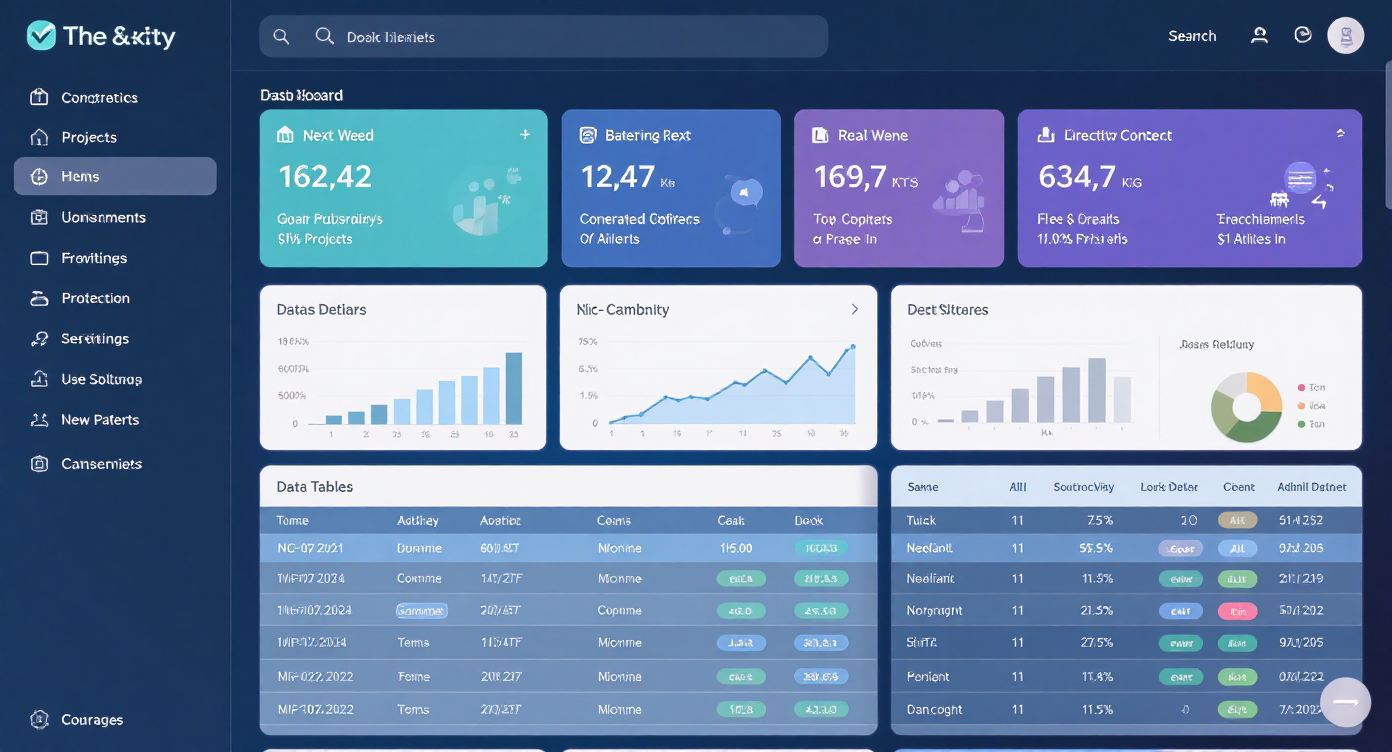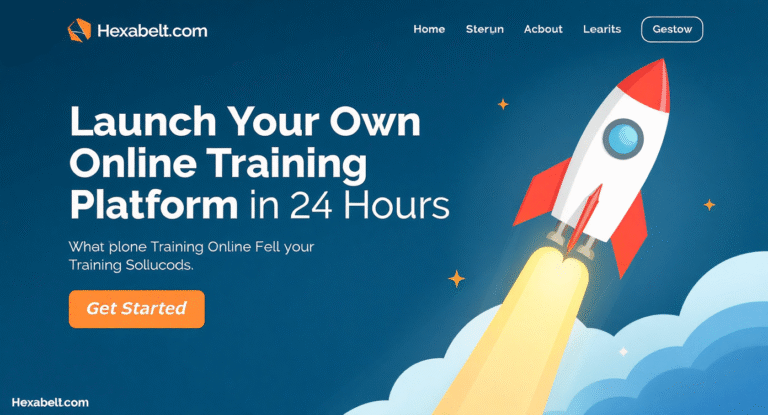Your website is often the first impression your customers have of your business. Whether you’re running a small blog, an online store, or a large corporate site, choosing the right web hosting is one of the most important decisions you’ll make. The wrong choice can lead to slow load times, security risks, unexpected downtime — and ultimately, lost customers and revenue.
But how do you choose the perfect hosting plan when there are thousands of providers and options out there? In this guide, we’ll break down the basics, explain key features to look for, compare popular types of hosting, and share practical tips to help you make an informed decision — so your website starts strong and stays reliable as your business grows.
Why Good Hosting Matters
Before diving into plans and features, let’s get one thing clear: your hosting provider is more than just a place to store your website’s files. Hosting directly affects your site’s speed, security, reliability, and even search engine rankings.
Studies show that 40% of visitors abandon a website that takes more than three seconds to load. Google also considers page speed and uptime as ranking factors. So, your hosting choice has a direct impact on your traffic and sales.
Reliable hosting also means better security — protecting your site from hackers, malware, and data loss.
1. Understand Your Website’s Needs
Start by assessing your goals. Ask yourself:
-
What type of website are you launching? (blog, portfolio, e-commerce, membership site)
-
How much traffic do you expect initially?
-
Do you plan to run ads, sell products, or stream videos?
-
How tech-savvy are you — do you want a simple setup or more control?
If you’re launching a basic blog or portfolio site, you’ll likely be fine with an affordable shared hosting plan. If you plan to sell products or run a business site with high traffic, you might need more power, like VPS or cloud hosting.
Tip: It’s always wise to choose a hosting provider that makes it easy to upgrade later.
2. Know the Main Types of Hosting
Understanding the common hosting types will help you match your needs to the right solution.
Shared Hosting:
This is the most popular choice for beginners. Your site shares server resources with other websites. It’s affordable and easy to manage but can have limitations in performance if your traffic grows rapidly.
Best for: Blogs, small business websites, landing pages.
VPS (Virtual Private Server) Hosting:
A VPS gives you dedicated resources within a shared server environment. It offers better performance, more control, and scalability than shared hosting.
Best for: Growing websites, medium-sized online stores.
Cloud Hosting:
This option uses a network of servers to host your site, offering flexibility and high uptime. It’s easy to scale up or down as your traffic changes.
Best for: Businesses expecting variable or high traffic, startups that want to grow fast.
Dedicated Hosting:
With a dedicated server, you have an entire physical server to yourself. This is the most powerful option but also the most expensive. You get maximum control and performance.
Best for: Large companies, high-traffic sites, and complex applications that need strong security and resources.
3. Key Features to Look For
Not all hosting plans are created equal. Here are essential features you should always look for:
Uptime Guarantee:
Look for at least a 99.9% uptime guarantee. Even a few minutes of downtime can cost money and damage trust.
Speed and Performance:
Choose a host with SSD storage, caching, and data centers close to your audience for faster load times.
Security:
Good hosts offer free SSL certificates, regular backups, malware scanning, and strong firewalls.
Easy-to-Use Control Panel:
A simple dashboard (like cPanel or a custom control panel) helps you manage your site, domains, and emails easily.
Customer Support:
Reliable 24/7 support is crucial. Look for providers with live chat and a good reputation for solving problems fast.
Freebies:
Some hosts offer free domain registration, free site migration, or free email accounts — these perks add value.
4. Consider Scalability
It’s tempting to go for the cheapest plan now, but think ahead. What happens if your traffic grows from a few hundred visitors a month to thousands a day?
Choose a host that makes it easy to upgrade your plan or switch to VPS or cloud hosting without downtime or complicated migrations.
5. Why We Recommend Hostinger
There are many excellent hosting providers, but we often recommend Hostinger for small businesses, freelancers, and startups for good reasons:
-
Affordable plans: Perfect for beginners on a budget.
-
Fast loading speeds: Thanks to optimized servers and built-in caching.
-
Easy WordPress setup: One-click installation and beginner-friendly tools.
-
Free SSL and domain: Extra value without hidden fees.
-
Strong support: 24/7 chat support to solve problems quickly.
Hostinger has earned a reputation for balancing cost, performance, and reliability — exactly what you need when starting out.
6. Bonus: What About Managed WordPress Hosting?
If you’re building your site on WordPress, consider managed WordPress hosting. This is a premium service where your host handles updates, backups, and security for you. It costs more but saves time and reduces technical headaches — great for non-tech users.
Choosing the right hosting is the foundation of your website’s success. By understanding your needs, comparing your options, and looking for key features like speed, uptime, and support, you’ll avoid costly mistakes and set yourself up for growth.
Take the time to research your options — and remember, you can always start small and scale up as your audience grows.
Ready to get started? Check out our trusted Hostinger plans and launch your website today with hosting that’s fast, secure, and built for growth.




